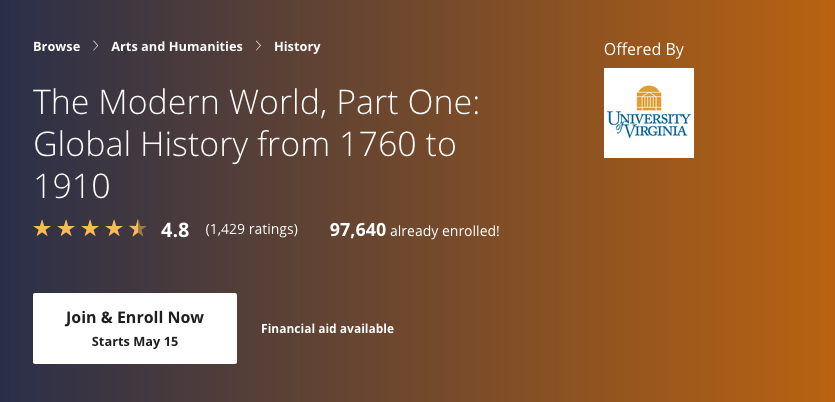Week 5 Modern World

Nation States
National Identities
- Revolutions in transportation, manufacturing led to start of urbanization.
- Traditional World
- Local identities
- Local languages
- Local customs
- A need for national identities as people from different communities started cohabiting ever growing number of cities.
- Italy unified as a pan Italian empire.
- Prussia unified by Bismarck as a german speaking nation, defeated France.
- National identities started emerging.
- Start of public schooling system in many European countries.
Global and local collisions
- As local communities interact with Europeans they either fight, adapt, or become part of the European forces.
- Rebellion in China.
- A chinese christian converts starts a rebellion against emperor.
- Europeans side with empre and eventually defeat the rebellion.
- Leads to reforms in the empire.
- Britain invades new zealand, wars with Maori population.
- Siam adapts
- Siamese king adapts to Western culture.
- Manages to keep Siam independent.
- Indian mutiny in 1857
- Indian army, which is Indian men and English officers, revolts.
- They are joined by a host of princes.
- The mutiny is defeated.
- British India goes through a set of reforms.
- East India company is abolished.
- Britain starts employing Indians in a national service to rule over the subcontinent.
- Indian army is the biggest European force which is mostly Indian men.
- Japan starts westernizing.
- A new emperor, Meiji, takes over.
- He is more open to western ideas.
- Allied with western powers he defeats various rebels who wants to keep traditional values.
- Japan starts seeing newspapers, universities.
- US Civil war
- The values of south and north US conflict.
- It is not just about slavery, but about traditional values, rights versus rights of a nation state.
- South is defeated and slavery is abolished in US.
Rise of liberalism
- Slavery is abolished everywhere.
- Individual liberties are becoming more and more important.
- France goes through another revolution where power of the catholic church is challenged.
- Bismarck establishes German empire and has conflicts with catholic church.
- In Europe nation states are fighting with church over the control of public institutions, such as schools, courts.
- Russia abolishes serfdom bonded labour, which is a form of slavery.
- Idea of nation state becomes very important, constitutions are adopted by most states.
- Darwinism leads to racism, where everything thinks they are the most adapted, englightned race.
What is 19th century liberalism?
- Free trade - they are against state monopolies.
- They are against mob rule and powerful tyrants.
- Inviduals bond together to start cooperative societities, economic, social, political.
- These societities provide socio-economic support to its members.
- Start of womens rights movements with publication of a book by John Stuart Mill.
- Separation of church and state, challenging state control over church.
It is easier for people to bond over things they hate, than things they love.
Enemies of liberalism
- Catholic church reorganizes, focusing on working class, social catholic church.
- Protectionism - some countries implement trade restrictions, which goes against free trade principles.
- Socialist
- Branch of liberalism which is focused on rights of a group over individual liberties.
- Marxism - which focuses on tangible benefits as a result of rights, such as better wages, working conditions.
- Big business - which is also being seen as a form of tyranny.
- Mass narratives - with rise of cheap popular press it is easy to spread ideas, mass narratives.
- New type of conservatism - nationalism
- As nation state becomes the central power, who are its citizens?
- National identities are discussed and become central debates.
- Race, language all become important ways to assign identities.
- Countries are now fighting to keep their national identities.
- Free trade falls apart as they try to protect themselves.
- National unity becomes more important than liberal values.
- Jim Crow laws reestablishes slavery in US.
- Rise of racism
- People are making up ideas by looking at skulls of various ethnic groups.